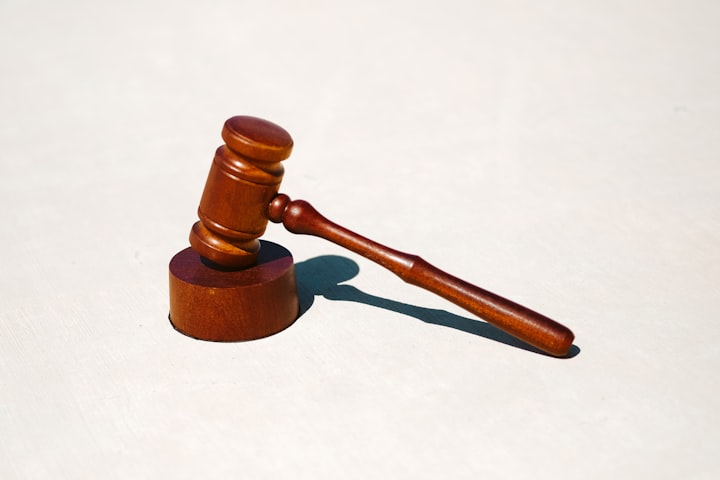
In July 2015, a class-action lawsuit was filed against Facebook, accusing the social media giant of violating its users’ privacy by scanning and analyzing their private messages. After years of legal wrangling, Facebook agreed to pay $725 million to settle the lawsuit.
If you are a Facebook user, you may be eligible to receive a portion of this settlement. In this article, we will outline the basics of the settlement and provide a step-by-step guide on how to claim your share.
Section 2. Background on Facebook’s $725 Million Settlement.
Explanation of the class-action lawsuit and its impact.
The lawsuit was filed in response to allegations that Facebook scanned users’ private messages for links to third-party websites without their consent. The social media giant allegedly used the information it gathered to target users with personalized ads.
The lawsuit claimed that this practice violated the Electronic Communications Privacy Act and California’s Unfair Competition Law. The case was certified as a class-action lawsuit in 2016, which meant that anyone in the United States who sent or received a private message containing a URL sent through Facebook could potentially receive a portion of the settlement.
Eligibility for the Settlement.
To be eligible for the settlement, you must have used Facebook between May 24, 2007, and Dec. 22, 2022, to send or receive a private message that included a URL to a third-party website. You must have been a resident of the United States at the time of sending or receiving the message.
If you are eligible, you could receive up to $10 for each URL-containing message you sent or received, up to a maximum of $400 per individual. The exact amount you receive will depend on the number of claims that are submitted.
Background on Facebook’s $725 Million Settlement.
To claim your share of the settlement, you will need to submit a claim form. The claim form can be found on the settlement website.
To complete the form, you will need to provide your name, address, email address, and Facebook user ID. You will also need to provide information about any URLs you sent or received through Facebook during the time frame covered by the settlement.
The claim form will ask you to provide the date of the message, the sender’s name, the recipient’s name, and the URL contained in the message. If you don’t have this information readily available, you can download an electronic copy of your Facebook data to help you locate it.
You can submit your claim form electronically through the settlement website or by mailing it to the settlement administrator.
Deadline for submitting a claim.
The deadline for submitting a claim is Aug. 25, 2023 If you don’t submit your claim by this deadline, you will not be eligible to receive a share of the settlement.
How to Claim Your Share.
If you want to maximize your payout from the settlement, you can take several steps to increase the number of claims you file.
For example, if you have multiple Facebook accounts or if you have multiple email addresses that you used to send or receive messages during the time frame covered by the settlement, you can file separate claims for each account or email address. This will allow you to receive up to $400 per account or email address.
You can also search your emails or backup storage for your Facebook private messages that contained links to third-party websites, to increase the number of eligible messages you can file a claim for.

Watch the full step by step video on how to apply!
Ways to Increase Your Payout.
While it can be tempting to file a claim to receive your share of the settlement, there are potential risks to consider before you submit your claim form.
For example, by submitting a claim, you could potentially be sharing personal information with the settlement administrator or with Facebook. Depending on the information you provide, this could include your name, address, email address, and Facebook user ID.
Potential Risks of Filing a Claim.
As part of the settlement, Facebook has agreed to make changes to its practices to protect user privacy. These changes include updating its help center to clarify how it uses private messages and disabling the capability to link URLs in private messages.
In addition, the settlement includes a $5 million donation from Facebook to a nonprofit organization focused on educating the public about online privacy.
Other Settlement Terms You Should Know.
While the settlement is a step in the right direction towards protecting user privacy, there are still steps you can take to protect your privacy on Facebook.
For example, you can limit what personal information Facebook collects by adjusting your privacy settings. You can also avoid sharing sensitive information on Facebook or using it to log in to other websites.
How to Protect Your Privacy on Facebook.
Facebook’s $725 million settlement is a reminder of the importance of protecting user privacy. If you are eligible to claim your share of the settlement, we hope this article has provided you with a comprehensive guide on how to do so successfully. As always, it is essential to be aware of the potential risks associated with sharing personal information online and to take steps to protect your privacy on social media platforms like Facebook.






Comments
There are no comments for this story
Be the first to respond and start the conversation.